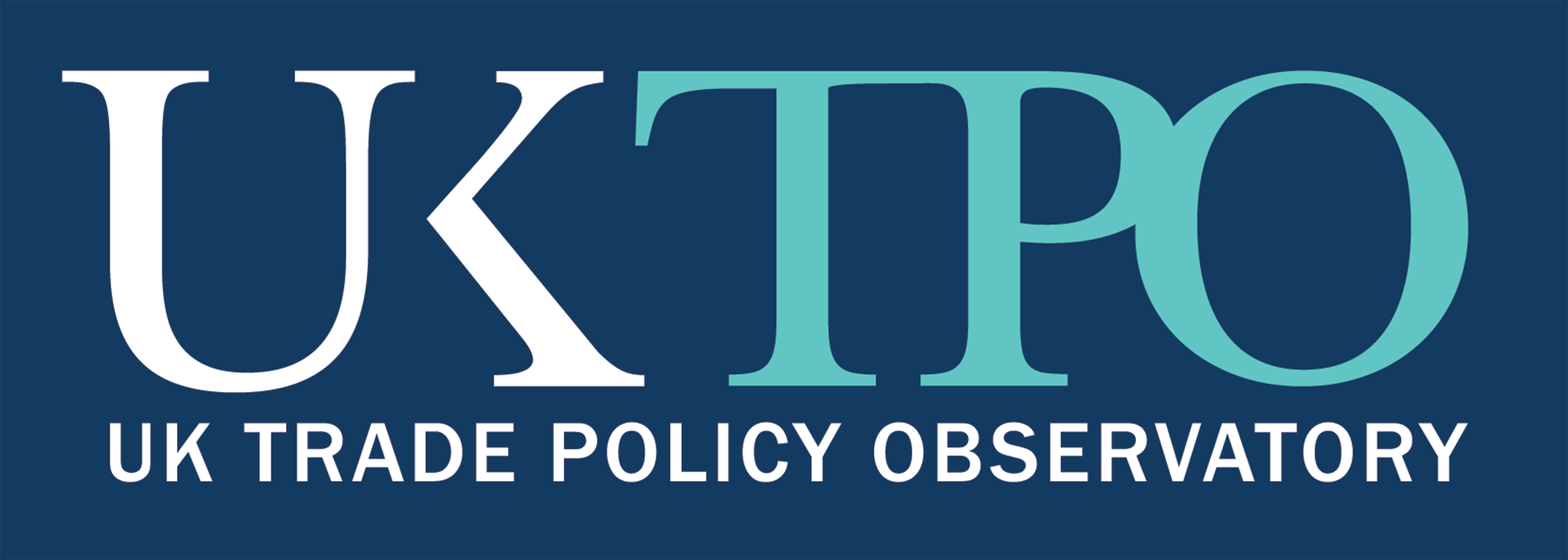How to deliver a UK-EU “re-set” that works
Debates about deepening UK-EU relations, including in the current ‘re-set’ negotiations, often focus on what will the UK gain versus what it must concede. Yet, what constitutes a win or a loss for the UK is complex – and if Brexit has taught us anything, it’s that people have diverse, and sometimes polarized, views. This is why an effective re-set of UK-EU relations requires thinking about an aspect of negotiations that is often overlooked, or viewed as a technical consideration: how the UK implements the re-set domestically. More specifically, the UK needs to address the democratic deficit in UK treaty-making, and establish bespoke arrangements on EU regulatory alignment, now and in the future. The surest way to future-proof a closer relationship with the EU is to create a sense that the UK public, and particularly those affected by regulation, have a say in this decision. The importance of domestic implementation Despite its renowned tradition of direct democracy, Switzerland aligns its regulations with the EU across numerous sectors. For example, it recently concluded an EU-Swiss Common Food Safety Area, in which it agreed to align with EU food law across a wide range of areas. At first glance, this decision may [...]

